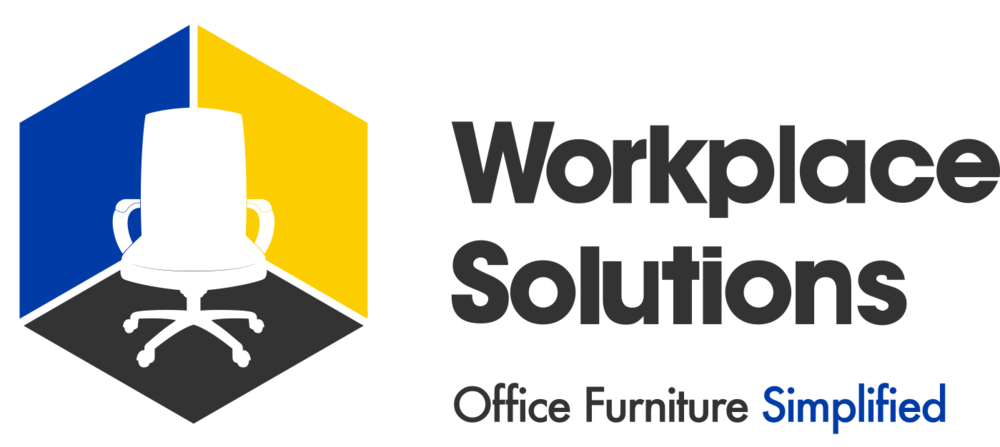Original article by BizJournals.com
As office-based organizations seek to dial back their pandemic work-from-home policies, a couple things seem certain: the physical office will continue to be important for most businesses, providing a hub for employee collaboration and maintaining company culture, and said work-from-home flexibility is here to stay.
The labor market remains tight, and companies are boosting salaries and benefits in an effort to attract and retain talent. Greater flexibility is one of the most common new benefits. At the beginning of 2022, 43% of respondents in a PwC survey said they were offering hybrid work models. Nearly a third had made remote work permanent in roles that allowed it.
Commercial real estate experts say the mainstream adoption of hybrid work schedules is changing the way tenants and landlords think about office space.
“Leadership mindsets are across all spectrums,” said Sean Mangialardo, senior vice president in JLL’s Cincinnati office. “Many have not altered their approach one iota, and some may never get folks back into the office. For those in the middle, there’s certainly more specific discussion surrounding the incorporation of additional collaborative and hybrid-type work areas within the office. The thought that the environment is more akin to a coffee shop is gaining steam, where you arrive, grab a seat wherever you want, and plug in.”
One of the goals of the flexible approach to office space is to help employers attract and retain talent. JLL Work Dynamics conducted market research in 2021 to support clients in shaping their new workplace strategies. The research found 63% of office workers prefer a hybrid or flexible work schedule, with 79% aspiring to be in the office at least once a week.
More flexible work schedules also are an effective way for employers to address employees’ increased interest in health, wellness and safety. The JLL survey spotlighted the strain many workers feel today. Nearly half said they feel overwhelmed by their mental load and personal responsibilities (49%) and under pressure from a massive workload (48%). They also ranked work-life balance (59%) ahead of a comfortable salary (55%) in their post-pandemic priorities.
“I don't believe the employee of today is as paycheck-driven,” Mangialardo said. “Per the data, and within reason of course, many folks say they would absolutely take a pay decrease for some work-from-home flexibility.”
Landlords have recognized the trend toward flexible, and even celebratory-type space. In Cincinnati, several downtown office buildings have undergone recent renovations that included adding or upgrading common amenity spaces for tenants. Columbia Plaza and PNC Center are among those that refreshed their lobbies with more intentional lounge-type areas and additional amenities. Scripps Center is home to another new trend: the inclusion of a golf simulator for tenants looking for a recreational break in their day or a unique way to host colleagues and clients.
"This new building pizzazz, combined with in-office perks may still not be enough," Mangialardo said. “Ping pong and snacks, for instance — I don’t feel like the employee of today is necessarily driven and motivated by those types of amenities like they once were. Not only is it about the flexibility of the schedule, but increasingly it’s about the question of how much the employer cares, whether they actually listen to their workforce, whether advancement opportunities are clearly defined, and what they believe in and stand for as a corporation.
“Employers need to tie flexibility to a clear vision of why the company’s mission matters to society," he said." Together, those two components help people feel good about the work they do. Employers and companies are focused more than ever on answering the questions: What are we doing here? What is our mission? What are our values? What can we do throughout the organizational ranks to make sure Susie and Johnny get this and buy into it?”
“A more flexible and purposeful environment empowers employees,” Mangialardo said. “Employers will lose talent without fully embracing this evolution.”

